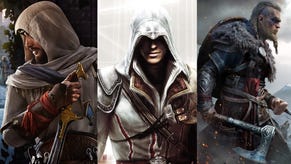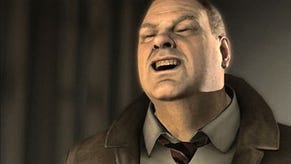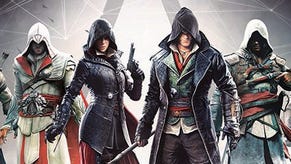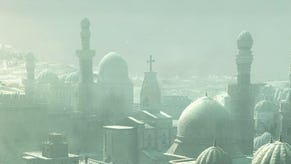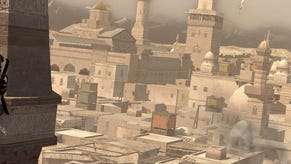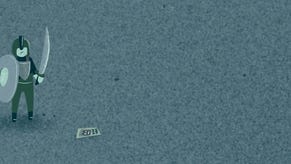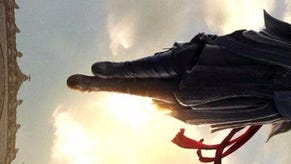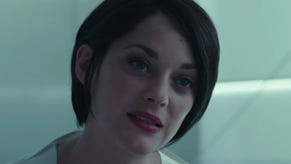Assassin's Creed II
Death in Venice.
Here's a sequel that takes precisely zero time to prove it's not simply a repeat of its forerunner. Remember all those super-long, super-serious conversations between unsmiling men? From the very off, Assassin's Creed II features gags, flirting and urgency. Even Desmond, the glowering buzzcut bloke whose ancestors' memories the Assassin's Creed games document, gets to grin, joke and make eyes at a lady. What, what, what? Light-heartedness in my gritty historical stealth game?
It's an immediate improvement. It's also makes AC2 fresh enough that most of the backlash against the first game is washed away. "By trying to innovate in all directions, we all recognised that AC1 had its shortcomings," observes the sequel's producer, Sebastian Puel. "I think what was interesting to see was this love or hate kind of thing from reviewers and on the forums - some saying it was the best game of the year, and others that they were very disappointed.
"So we started AC2 listening to those comments, but there were things that we perfectly knew ourselves. The main, main focus starting AC2 was saying we have something that's very strong at its core, but we certainly have to add a lot of variety to that. So we took each part of the game and said 'how can we bring more depth to this?'"
By doing so, what's returned is the reason we all got excited about Assassin's Creed in the first place - free-running through a gorgeous, centuries-old city. AC2 really, really wants you to have fun - and that's why new lead character Ezio, a 15th century Italian nobleman, begins the game as a callow youth interested only in hedonism. "It is a good life we lead," his brother observes, as the two of them gaze across a sunlit, Renaissance skyline. "The best," rejoins Ezio, before heading off to do naughty things with a human female. It's a far cry from the scowling monks and restrictive rules of the first game's opener.
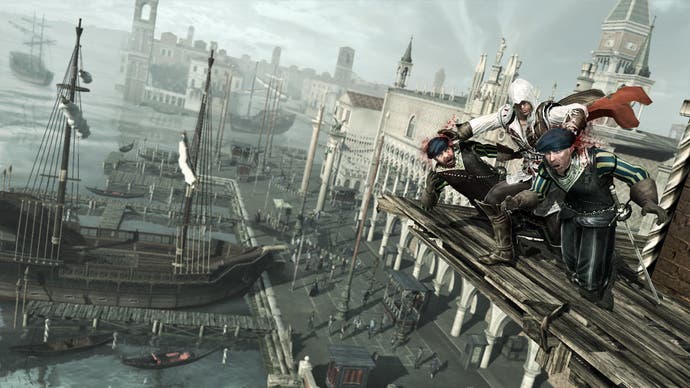
"The time period is warmer, the place is warmer," agrees Puel. "Maybe we wanted to take ourselves less seriously a little bit, we had to step back and say, 'this hero, he has to have some panache', and not always be mysterious, not talking too much as Altair was, much as we loved him... We need to have a hero who is more Italian. Even though he is still an Assassin, and even after he loses some of his family and become very focused, we wanted him to have a lot to say."
As Puel hints there, this contentedness doesn't entirely last - conspiracy and family tragedy quickly blight Ezio, removing characters you'd presumed were there to stay and thus, harrowingly effectively, shaking both his and your confidence in the state of affairs. In a Batman-esque montage, he dons his Assassin uniform and embarks on an urgent pursuit/flight across the great cities of Italy.
A big part of maintaining that urgency is that the game doesn't jump back to Desmond, skulking in his Animus memory virtualisation device, anywhere near as frequently as first time around. Even when it does, it's no longer the austere white room and cryptic scientists of before. It's a cartel of young, sparky folk in a stylish office. The Animus, in its (self-consciously described) 2.0 form, is no longer a frightening upside-down bathtub that takes four hours to extricate yourself from, but instead a comfy-looking red recliner chair.


